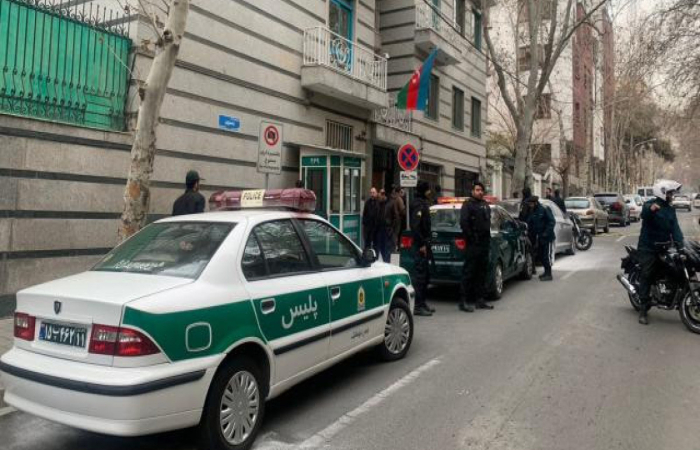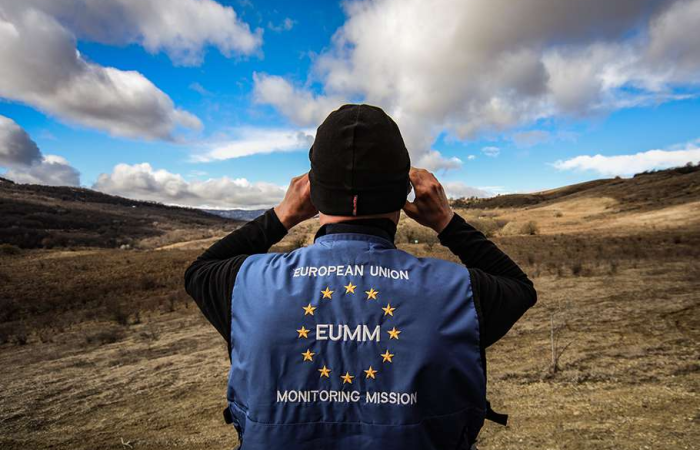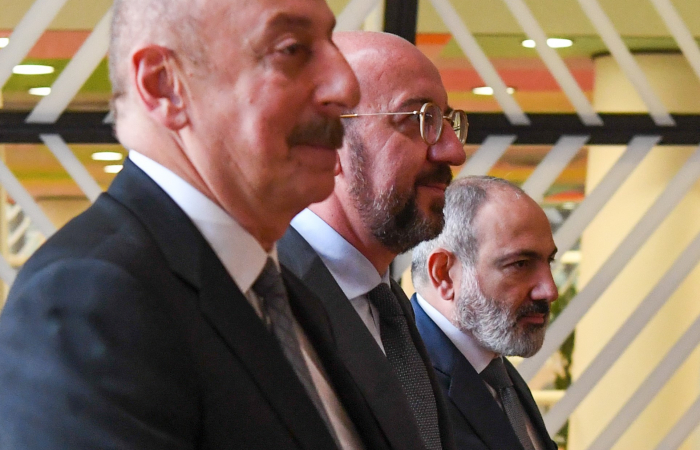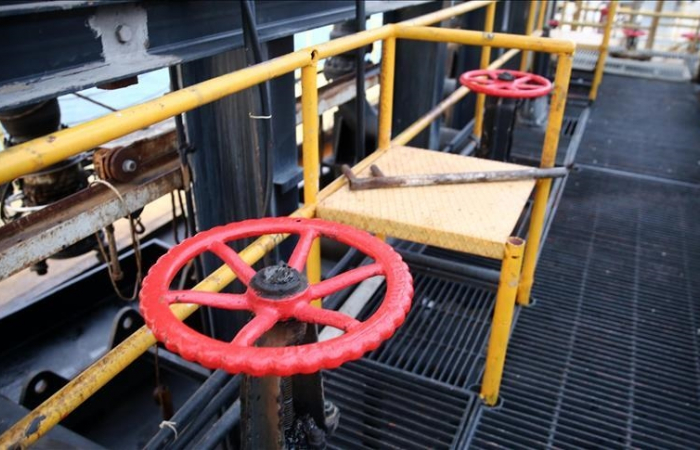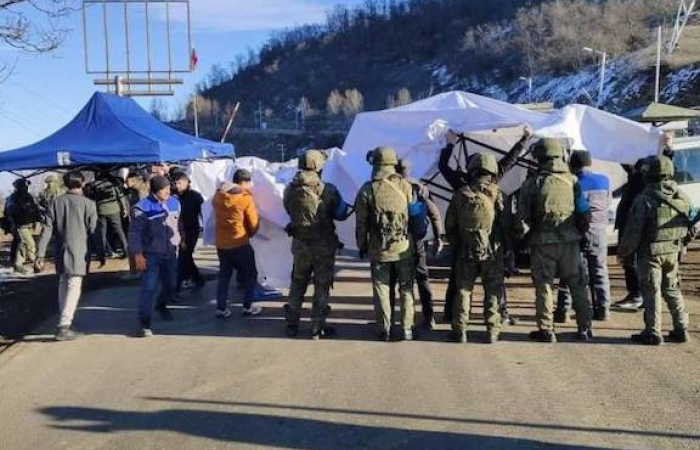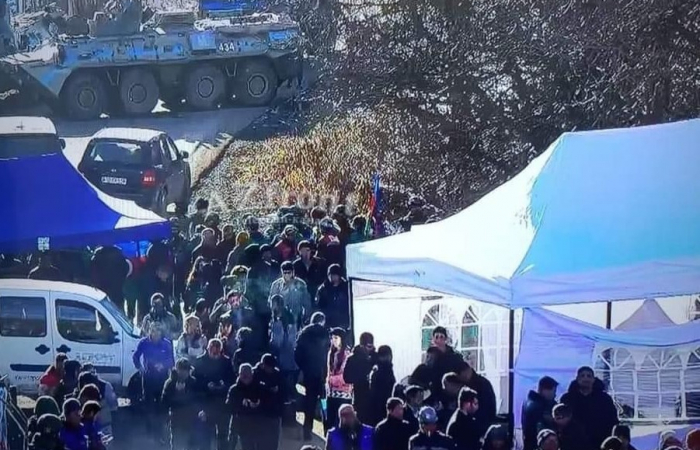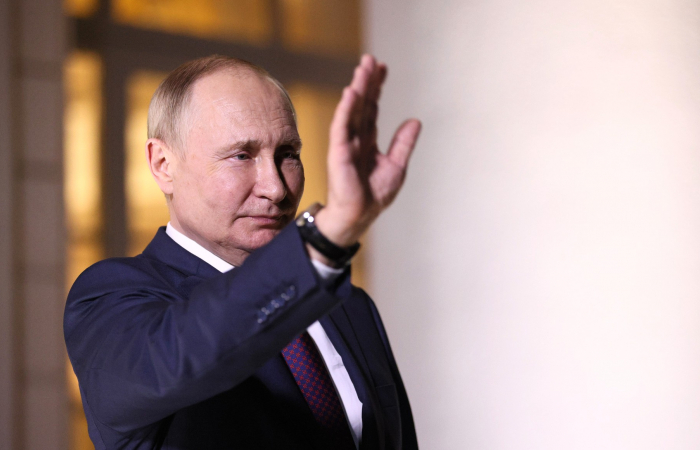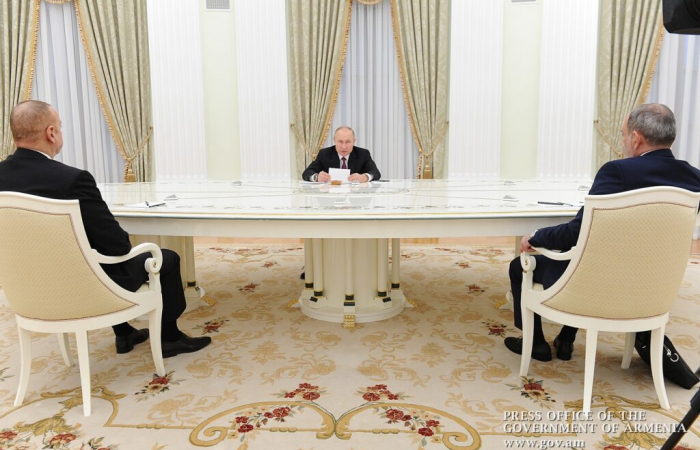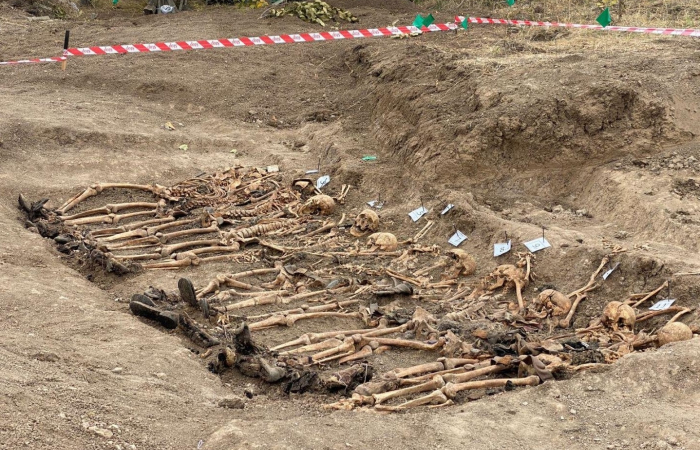Trending
Opinion: Tensions between Iran and Azerbaijan threaten regional stability
8 February 2023
The violent attack against the Azerbaijani embassy in Tehran on 27 January has strained tensions between Azerbaijan and Iran, sparking fears of further deterioration in relations between the two countries, writers Vasif Huseynov in this op-ed for commonspace.eu. Azerbaijan rejected Iran’s assertions that the attack was driven by personal motives and accuses Tehran of whipping up anti Azerbaijani hysteria. All this has brought the bilateral relations between the two countries to a new low. It cannot be excluded that things will deteriorate even further, given that Tehran does not seem ready to renounce its claims against Azerbaijan. This constitutes an alarming threat to regional peace and security for a variety of reasons. Above all, the current state of bilateral relations, and the propagation of anti-Azerbaijani sentiments by the Iranian media, create a precarious situation that could easily spiral into escalation with the slightest incident or provocation.
All this has brought the bilateral relations between the two countries to a new low. It cannot be excluded that things will deteriorate even further, given that Tehran does not seem ready to renounce its claims against Azerbaijan. This constitutes an alarming threat to regional peace and security for a variety of reasons. Above all, the current state of bilateral relations, and the propagation of anti-Azerbaijani sentiments by the Iranian media, create a precarious situation that could easily spiral into escalation with the slightest incident or provocation.



